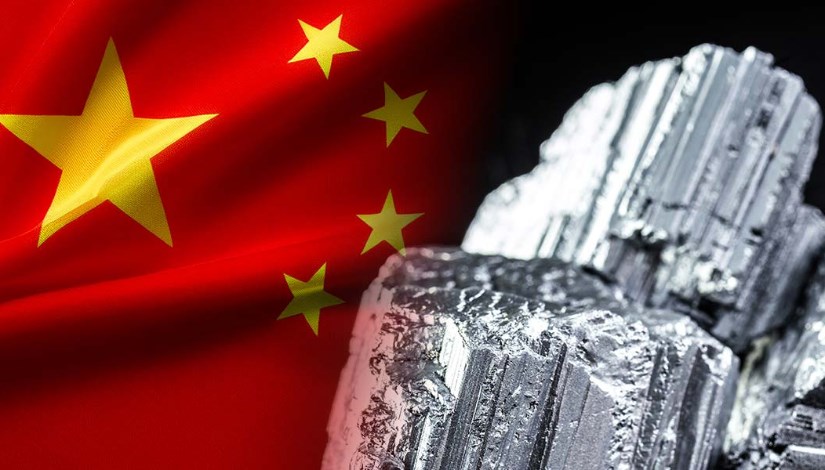Sunday, September 21, 2025: Economic Tensions Between Europe, the U.S., and China
The global economy faces heightened tension and uncertainty due to Europe’s monetary policies and rising U.S.–China trade disputes. Recent events underscore how closely markets are linked and how political and economic decisions affect financial stability.
Trump Warns of Possible U.S. Government Shutdown Amid Stalled Talks
Former U.S. President Donald Trump warned of a potential government shutdown as negotiations between Republicans and Democrats falter.
Lagarde Highlights Europe’s Inflation and Monetary Policy
European Central Bank (ECB) President Christine Lagarde emphasized that the ECB has achieved its inflation target but cautioned that uncertainty still clouds the economic outlook despite a new trade agreement with the United States.
In an interview with Denmark’s DR TV aired Saturday, Lagarde said:
“Interest rates should align with the inflation target—and that’s exactly what we are doing. We have now reached the goal.”
She added that the recent EU–U.S. tariff agreement improved economic predictability, though clarity remains lower than before former President Trump imposed his trade tariffs.
Lagarde noted that overall uncertainty has fallen by nearly half—a significant improvement—but risks remain.
The ECB kept borrowing costs unchanged for the second consecutive meeting after eight straight quarter-point cuts over the past year. After a temporary dip next year, policymakers expect inflation to stay near the 2% target, with gradual economic momentum returning in the coming quarters.
Most officials see no need for further easing unless the economy faces a major shock, though some stress that additional action should remain an option if necessary.
China Reduces Rare-Earth Magnet Exports to the U.S. Despite Overall Growth

China’s exports of rare-earth magnets to the United States fell in August even as total shipments recovered, reflecting continuing trade friction with Washington.
According to customs data released Saturday, U.S.-bound shipments dropped 5% from the previous month to about 590 tons. At the same time, China’s overall exports of these products climbed to roughly 6,146 tons, the highest level since January.
The decline comes amid renewed tension following a Friday phone call between President Trump and Chinese President Xi Jinping to discuss the trade dispute.
Rare-earth magnets are critical for advanced industries such as electric vehicles, wind turbines, and military equipment. Beijing previously used them as leverage against Washington, while Trump recently hinted at possible aircraft parts countermeasures.
China controls about 90% of global magnet production, significantly influencing a market vital to multiple sectors. This dominance has accelerated U.S. and international efforts to develop local supply chains and reduce dependence on China.
In this context, U.S. company MP Materials, the nation’s only rare-earth mining firm, plans to begin commercial magnet production by year-end to bolster U.S. independence in this strategic field.
These developments underscore the global economy’s challenges—from inflation pressures and monetary policy decisions to supply-chain struggles—highlighting that international cooperation and conflict de-escalation remain key to maintaining balance and sustainable growth.

